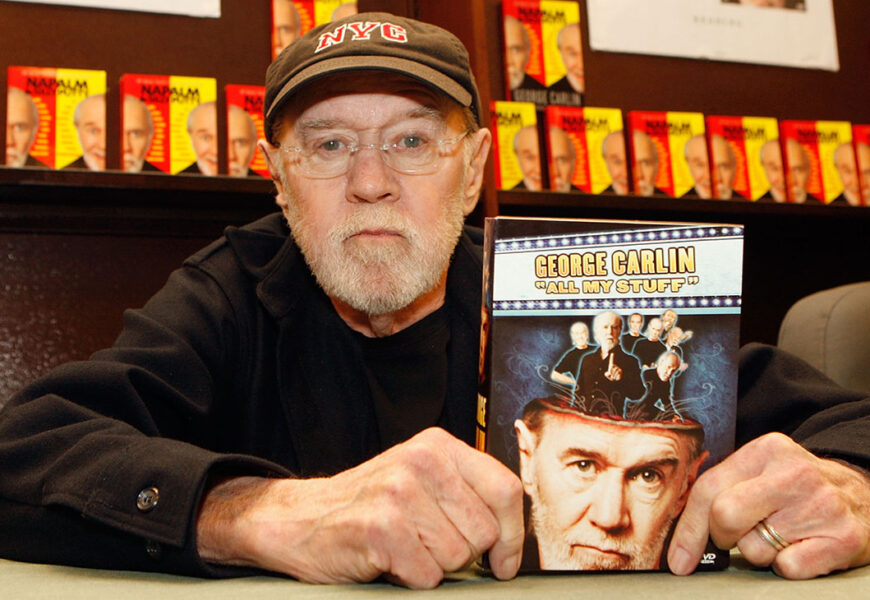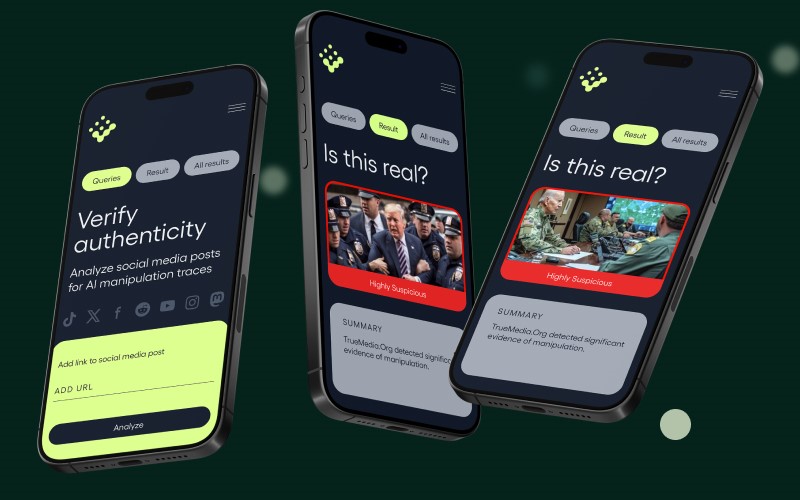A settlement has been reached between the estate of George Carlin and the creators of a podcast who utilized generative artificial intelligence to mimic the late comedian’s voice and style without authorization.
The hosts of the podcast Dudesy, Will Sasso and Chad Kultgen, along with Carlin’s estate, informed the court on Tuesday about an agreement to resolve the case. According to Josh Schiller, a lawyer representing Carlin’s estate, the settlement entails a judgment that prohibits any further use of the video, which has already been removed, acknowledging that its creation infringed upon the rights of the comedian. The specific terms of the settlement were not disclosed, and Schiller refrained from commenting on the presence of any financial damages.
This resolution represents a significant development in addressing the misuse of a celebrity’s voice or likeness through AI tools. It serves as a cautionary tale for the entertainment industry, highlighting the need to exercise caution and respect when employing AI technology to avoid exploiting individuals’ intellectual property.
The legal dispute originated from an hour-long special titled George Carlin: I’m Glad I’m Dead, which was published in January on the podcast’s YouTube channel. In this special, an AI-generated version of Carlin mimicked the comedian’s distinctive style and delivery, providing commentary on contemporary topics such as reality TV, streaming services, and artificial intelligence.
The podcast Dudesy positions itself as an innovative media experiment, utilizing an AI program named “Dudesy AI” to craft episodes based on the hosts’ personal data, including text messages, social media interactions, and browsing history. The creators approached Carlin’s estate with a proposal to remove the video and refrain from re-releasing it on any platform, aiming to swiftly address the situation and uphold Carlin’s legacy.
The lawsuit filed by Carlin’s estate alleged copyright infringement due to the unauthorized utilization of the comedian’s copyrighted material. Additionally, it raised concerns regarding the violation of right of publicity laws by using Carlin’s name and likeness without consent, particularly in the context of promoting the special as an AI-generated production featuring the late comedian.
While federal regulations concerning AI-generated content are lacking, some states have implemented laws to address such issues. Efforts are underway at both the state and federal levels to establish clear guidelines and penalties for unauthorized digital replicas, including deepfakes and voice clones. The introduction of legislation aims to safeguard individuals’ rights to control the use of their image, voice, and likeness.
The settlement agreement coincides with discussions surrounding the ethical implications of AI voice replication technologies. As AI tools advance in mimicking human voices, there is a growing need to hold both content platforms and software developers accountable for potential misuse. Calls for legislative revisions and increased accountability in the face of evolving AI capabilities are gaining momentum within the artistic community.










